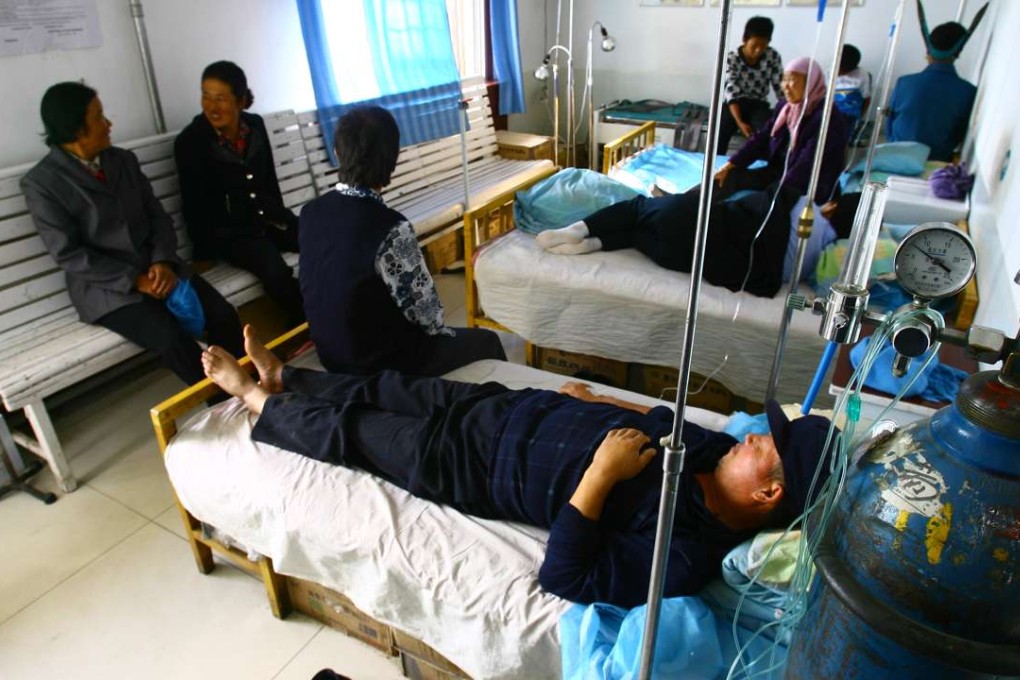Lowly ranked workers face prospect of shorter life than CEOs
Study of socioeconomic status based on occupation shows those low down the ladder had higher risk of illness and premature death than those who drank heavily or were overweight

People on the bottom rung of the socioeconomic ladder may live two years less on average than those at the top, according to a large-scale study. This makes social rank a bigger risk factor for illness and premature death than either high alcohol consumption or obesity, and it nearly equals the risk posed by physical inactivity, researchers said. On average, a low social rank shaved more than 25 months off the average lifespan, compared with six months for heavy alcohol intake and eight months for obesity, according to Lifepath, a European Commission-funded consortium that conducted the study. For diabetes, the risk was almost four years in lost life, and for smoking nearly five. The study was the first attempt to weigh the health risk of socioeconomic status against other “modifiable” factors, the authors said, at least in high-income countries.
“Low socioeconomic status is one of the strongest predictors of premature mortality worldwide, but health policymakers often do not consider it a risk factor to target,” Lifepath says. “Because these circumstances are modifiable, they should be included in the list of risk factors targeted by global health strategies,” says Silvia Stringhini, of the Lausanne University Hospital in Switzerland, the lead author of the study.
Smoking, drinking and physical inactivity are already the focus of national and global public health policies. Social rank could be improved by government policies on tax or education, for example, says the study, published in The Lancet. The researchers reviewed data from 48 previous studies covering more than 1.7 million people from seven countries – Australia, Britain, France, Italy, Portugal, Switzerland and the US. It conceded that the research was limited by the fact that it had used the participants’ occupation – whether a street sweeper or a chief executive – as the sole measure of socioeconomic status. Agence France-Presse

Gaming, socialising and cards safeguard ageing brains
Even in your 70s and beyond, simple activities including web-surfing, playing card games and socialising can stave off mental decline, new research says. Benefits were greatest in computer users and in those without a gene variation linked with Alzheimer’s disease. But even among seniors with that trait, mental decline that sometimes precedes dementia was less common among those who engaged in mind-stimulating activities. The results don’t apply to costly, computer-based games that purport to keep the brain sharp – those were not studied. The benefits were found from activities that many seniors have access to. “They don’t have to spend their life savings [on gadgets],” says Dr Yonas Geda, the study’s senior author and a neurologist at the Mayo Clinic’s Scottsdale, Arizona, campus.